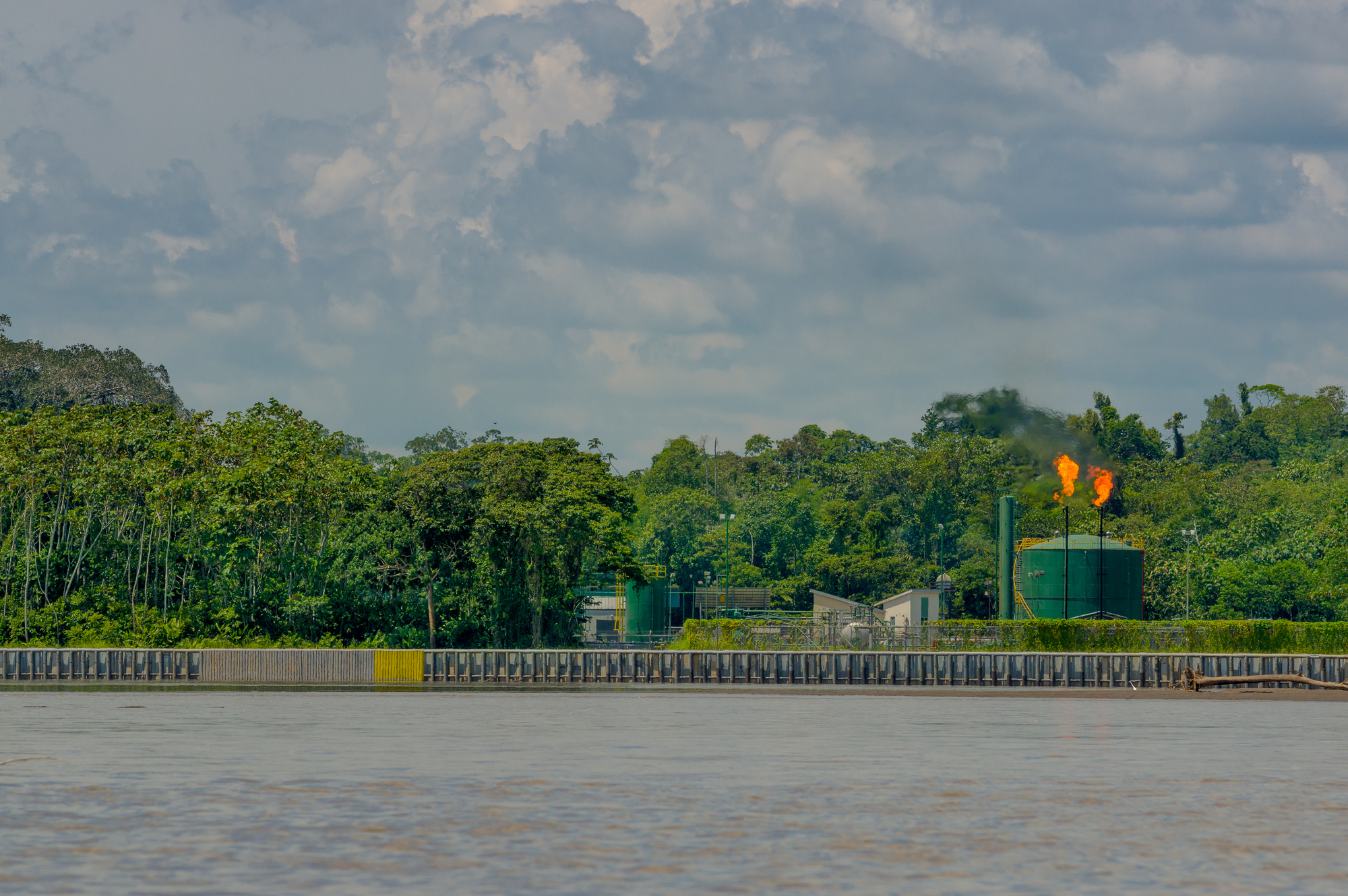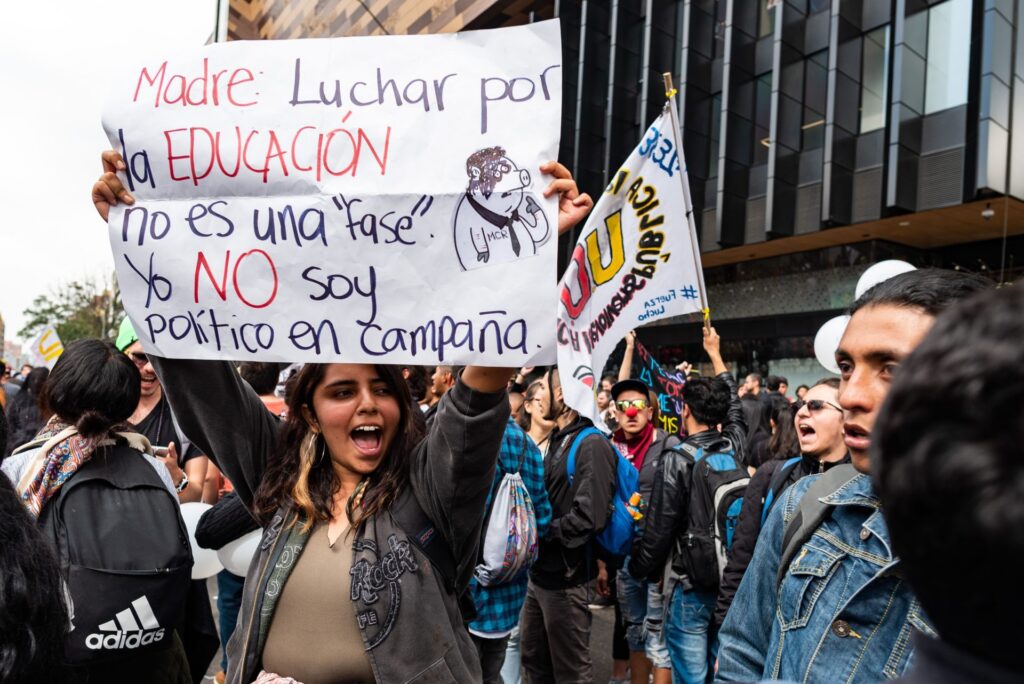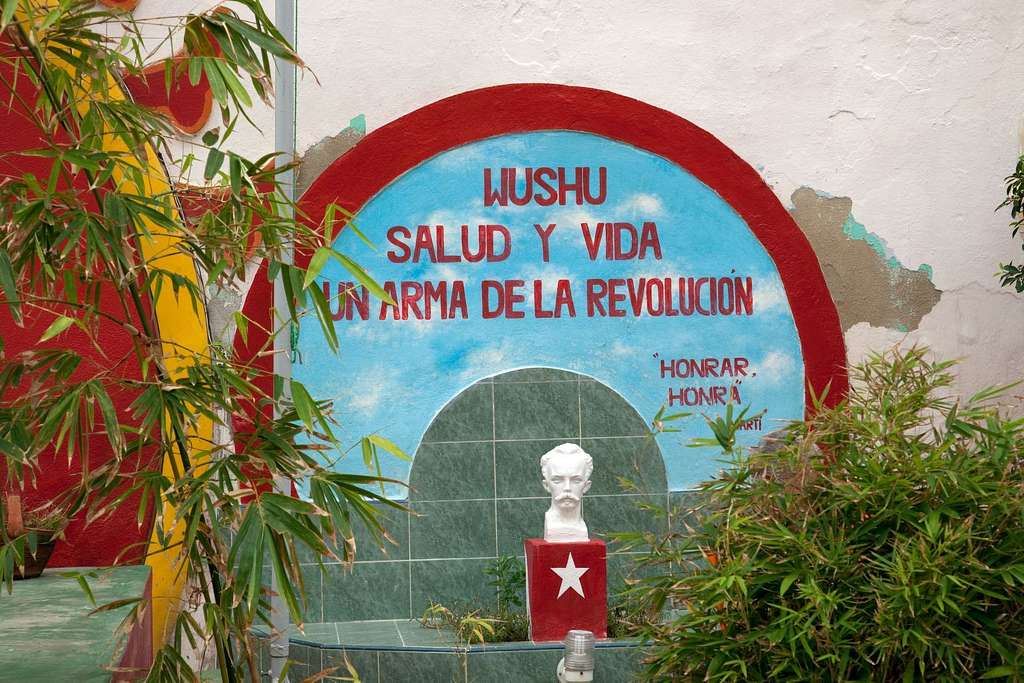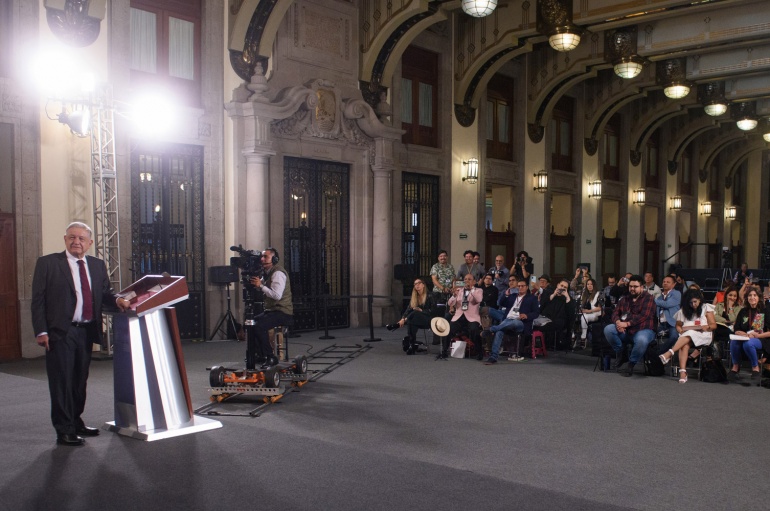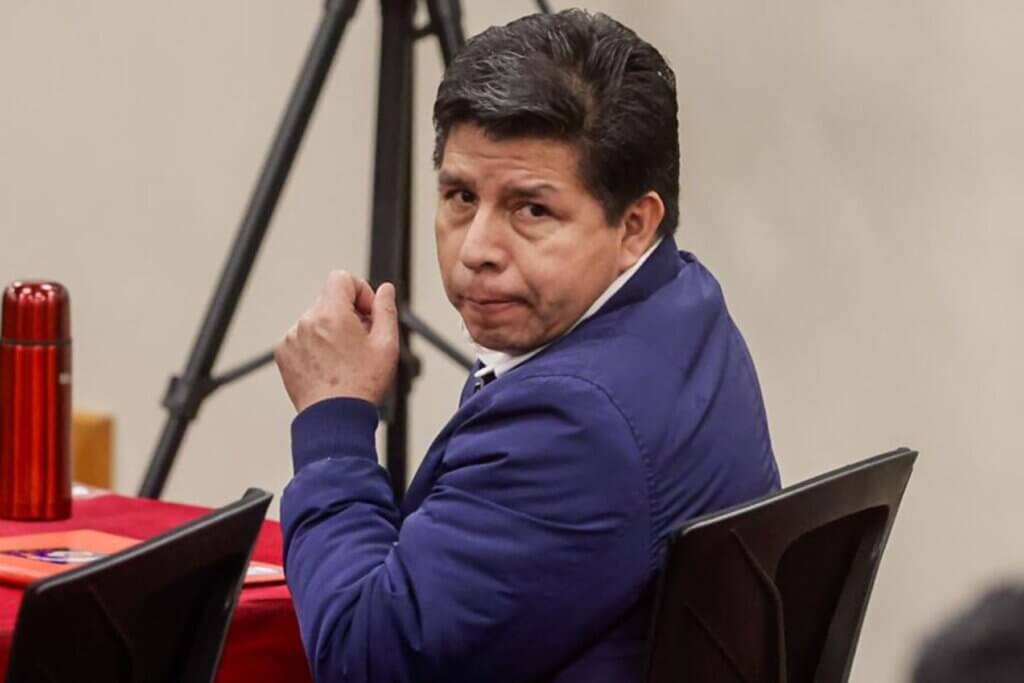For leaders of countries with Amazonian territory, economic development and environmental preservation are eternally at odds with each other. Former president of Ecuador, Rafael Correa, famously said, “We can’t be beggars sitting on a mine of gold,” referring to the untapped resources in the Amazon. But what if the environmental costs don’t outweigh the profit?
A study by Claudia Azevedo-Ramos, former Director of the Brazilian Forest Service explains that attempts to profit from the Amazon do not bring true development, employment, better income distribution or environmental benefits to locals. In fact, these Amazonian regions often have much higher percentages of citizens living below the poverty line.
“The Amazon regions in Ecuador that extracted petroleum over 50 years ago were the regions that had the highest levels of poverty in the country,” Jorge Acero, a lawyer for NGO Amazon Frontlines told Latin America Reports. “Today, these regions are still the poorest in the country. [Exploiting the Amazon] doesn’t create a real benefit for the people – or the state.”
However, logging, mining and dams do bring infrastructure — such as roads, schools and access to healthcare,– to these areas, but the resulting socio-economic boom is short-lived. A study of 300 communities in the Brazilian Amazon, reported by New Scientist, showed that deforestation and development in an area attracts migrants who are keen to make the most of services or to make some money. When the land is exploited and the deforestation is over, the population of these communities is often larger, but left with fewer resources.
“We found that the level of development in a region that has been through deforestation is indistinguishable from in a region prior to deforestation,” Robert Ewers of Imperial College London told New Scientist.
Even the state doesn’t get the benefits that it is expecting. Many countries with Amazonian territory don’t have the financial resources to create hydroelectric dams or construct huge mines to exploit precious metals, and so they collaborate with huge multinational companies, which Acero said, often receive most of the profit.
Read more: Bolsonaro’s environmental negligence goes from bad to worse
If this is the case, then why do governments continue to exploit the rainforest, especially when international governments and NGOs are pressuring them to stop? Because it’s easy, Acero explained. Cutting down trees and raising cattle is the most cost effective way to make money, but it requires huge amounts of space, and huge amounts of water, and just as with large-scale agricultural production, strips nutrients from the ground. This results in cattle farmers abandoning the land, and large-scale farmers needing to import more and more fertilizer before they, too, move on.
“But, because the Amazon is so big, because there is so much space, people cut down the trees and they don’t stop,” he said. “It’s the easiest and fastest way. Governments need to think of alternative ways to create economic development and break their dependence on primary resources.”
The former president of Ecuador, Correa, tried to achieve this with a policy of “Productive Matrix Change” in 2015, which aimed to create a productive economic structure based on a knowledge economy.
Three years later, however, a 2018 study by Juan Fernández Sastre of the Latin American Faculty of Social Sciences in Ecuador revealed that the country still does not have an innovation system capable of providing this knowledge. Less industrialized countries are at a disadvantage as they need capital to invest in development, and to be profitable they need to quickly reach the same level of innovation as developed countries. It’s not impossible, but it takes time.
Other alternatives include creating better agricultural models, such as giving economic benefits to small-scale farmers who have the incentive to farm sustainably since they are working with finite land. Investment in other sectors such as tourism and education could also be beneficial but more so in the long term. The other option for international governments and NGOs is to pay these countries to stop deforestation, in an attempt to offset the economic disadvantage.
Brazilian President Jair Bolsonaro claims that international attempts to meddle in Brazil’s management in the Amazon smacks of colonialism. The fires ravaging the region have caused international clothes companies to suspend purchasing of Brazilian leather because of the links between the fires and cattle farming, which will reduce Brazil’s exports by billions of dollars.
Read more: Brazil’s indigenous people are best positioned to protect the Amazon
Bolsonaro’s stance is not indicative of the rest of the region, however. Last week, seven countries with Amazonian territories, led by Colombian President Iván Duque, signed a forest protection pact, which will set up a disaster response network and satellite monitoring, as well as work on reforestation, education and protecting indigenous communities. As more information about the consequences of deforestation becomes available, it is likely that innovative solutions will arise, not just to halt deforestation, but to allow these countries to develop economically without sacrificing the Amazon.


